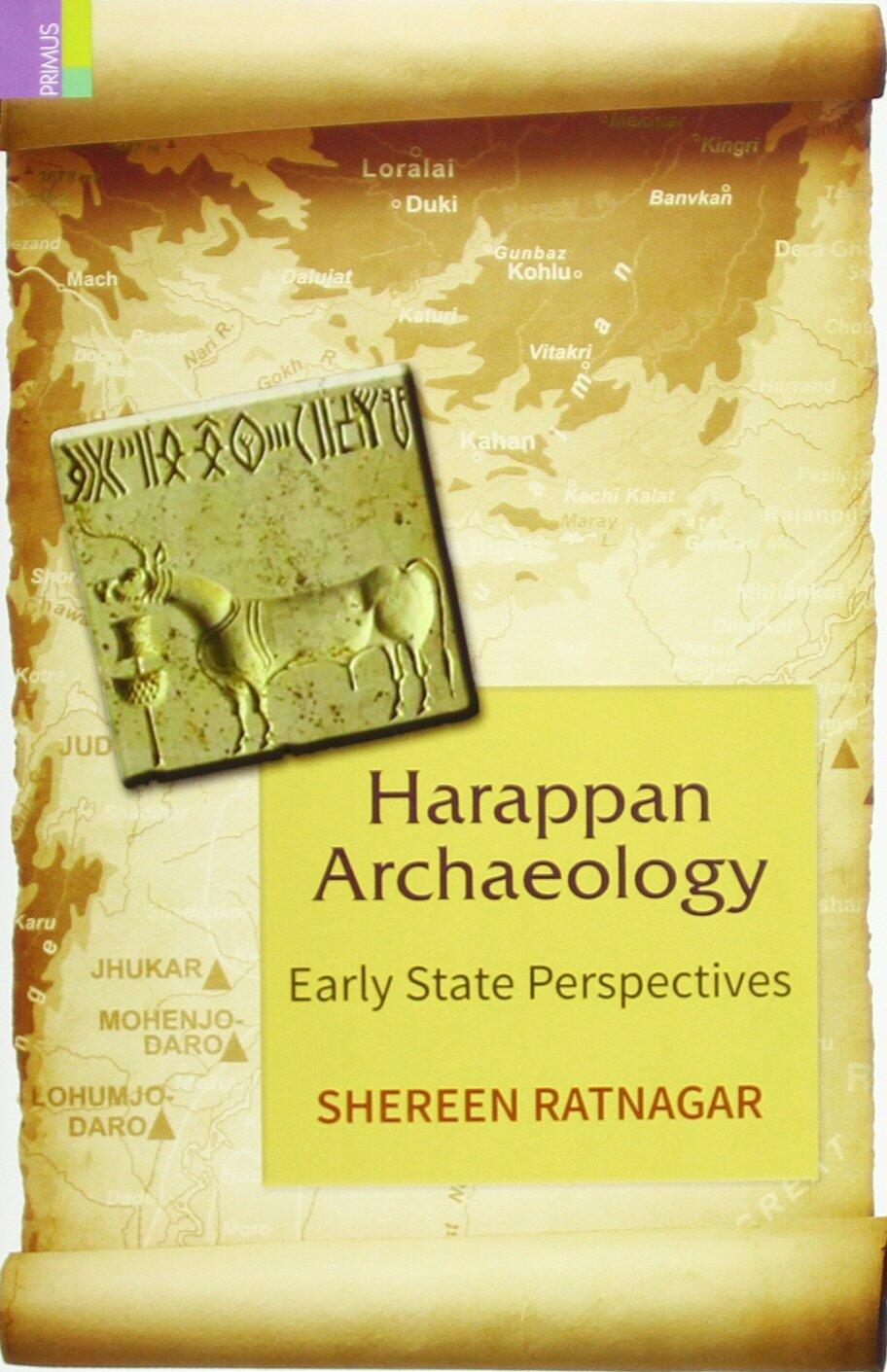Shereen Ratnagar is one of the most important theoreticians of the Indus valley civilization and its archaeological practice. Book reviewer and author, Sudeshna Guha notes in her review of Early State Perspectives, "Through her earlier research, Ratnagar had shown that the political system of statehood possibly provided the Harappan Civilization its distinctive cultural form. In this book, she develops a novel argument, namely, that changes within the state structure might have led to the Civilization’s dissolution. She foregrounds the agency of the inhabitants, which is usually neglected within the archaeological histories of the phenomenon. Thus, she achieves the task she sets out to undertake through the book, that is of documenting the ‘human angle: the social groups who lived in the house blocks of Mohenjodaro, the political imperatives behind the distribution of chert blades, the advantages of an enormous aquifer and of lift irrigation on the Indus plain and so on’ [p. 1]. But perhaps more importantly, through the undertaking she demolishes some of the so-called prime evidence of the Harappan cultural legacy, which have lent to creations of archaeological facts about the deep antiquity of the Ancient Indian, or to be politically correct, South Asian, Civilization since the 1950s."
Guha continues: "Through the chapters, Ratnagar interrogates the impositions of preconceived notions about Ancient South Asia upon the Bronze Age Civilization, and illuminates, if not explicitly, the continuation of colonial historiography of a caste-ridden, ritually and traditionally bound, civilizational heritage," and "One of the strengths of the book is the demonstration of the value of comparative studies. Ratnagar throws into sharp relief, especially through the section on ‘Matters of State’, the increasing trend among archaeologists of South Asia, both native and foreign, of historicising the uniqueness of the Harappan Civilization by ignoring its connected histories. She draws upon the extensive scholarship of the archaeology of Ancient Mesopotamia and ethnographies of ‘tribal’ societies, prominently the Yoruba, to show the possible manifestations of early state societies within the Bronze Age."
Shereen Ratnagar,
Harappan Archaeology: Early State Perspectives,
Primus Books, Delhi, 2016, 326 pp., Rs. 2195.

